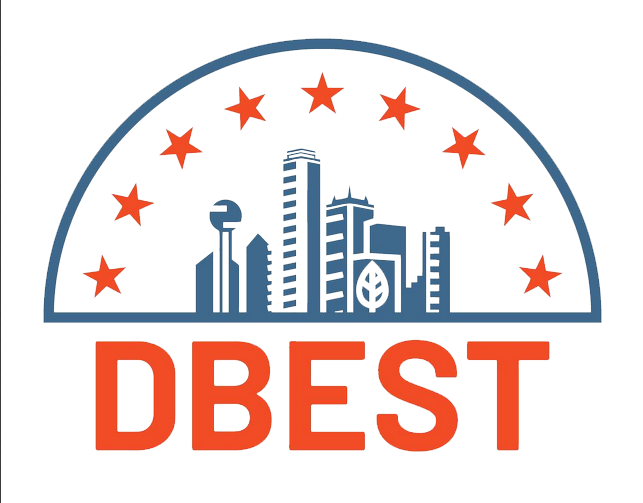Men lose muscle as they age for a few different reasons. Some of it may be genetic, while other factors are more hormonal. Sarcopenia is why men begin losing muscle mass, and this process becomes more pronounced after age 40.
The loss of muscle mass is part of normal aging. As we grow older and our natural production of the hormones that spur muscle growth declines, our muscles start shrinking, and we become less physically active than we were in our younger years.
There are many factors that accelerate this decline beyond middle age other than the aging process itself. These include a poor diet, lack of physical activity, and ageing (lack of testosterone production).
However, there are also some things you can do to slow down the decline and help maintain your muscle mass a little longer. Here’s a rundown of some key reasons why men begin losing muscle after the age of 40.
3 Reasons Why Do Men Lose Muscle After the Age of 40?
Diet and Nutrition
As we age, our kidneys become less efficient at removing toxins from our blood, so our bodies are required to consume more water to dilute the toxins and allow us to eliminate them. Lowered protein intake can exacerbate this effect, leaving you dehydrated and with a reduced ability to build new muscle. Keeping protein intake high throughout your life is particularly important as you age.
Men Lose Muscle Because of Lifestyle Changes
While diet and nutrition are key factors in muscle loss, they’re not the only things that matter. Lifestyle factors such as sleep and stress can also significantly affect muscle loss. In particular, sleep is vital for muscle growth.
When you’re asleep, your body is regenerating muscle tissue, repairing and replacing damaged tissue, and clearing out waste. When you don’t get enough sleep or have poor-quality sleep (i.e., you wake up frequently and spend a lot of time tossing and turning), you’re not getting the full benefit of this process. Poor sleep also greatly affects appetite, which can affect your diet.
When you don’t feel like eating because you’re not hungry or not getting proper nutrients from food, you may be more likely to skip meals and consume fewer calories than you need for optimal muscle growth.
Sarcopenia
Some genetic factors can make it more pronounced in older men. One such genetic factor is that their testosterone levels tend toward the lower end of the range as they age. This is largely due to the natural production of the hormone starting to decline with age. This can also result in a loss of muscle mass and sexual function.
If you want to prevent muscle loss from becoming a problem, it’s important to eat a healthy, well-balanced diet, maintain muscle protein by lifting weights, and get enough sleep to stay healthy.
If you are already experiencing muscle loss, there are things you can do to improve your situation, such as Resistance Training, increasing your protein intake, and making sure to get enough sleep.



